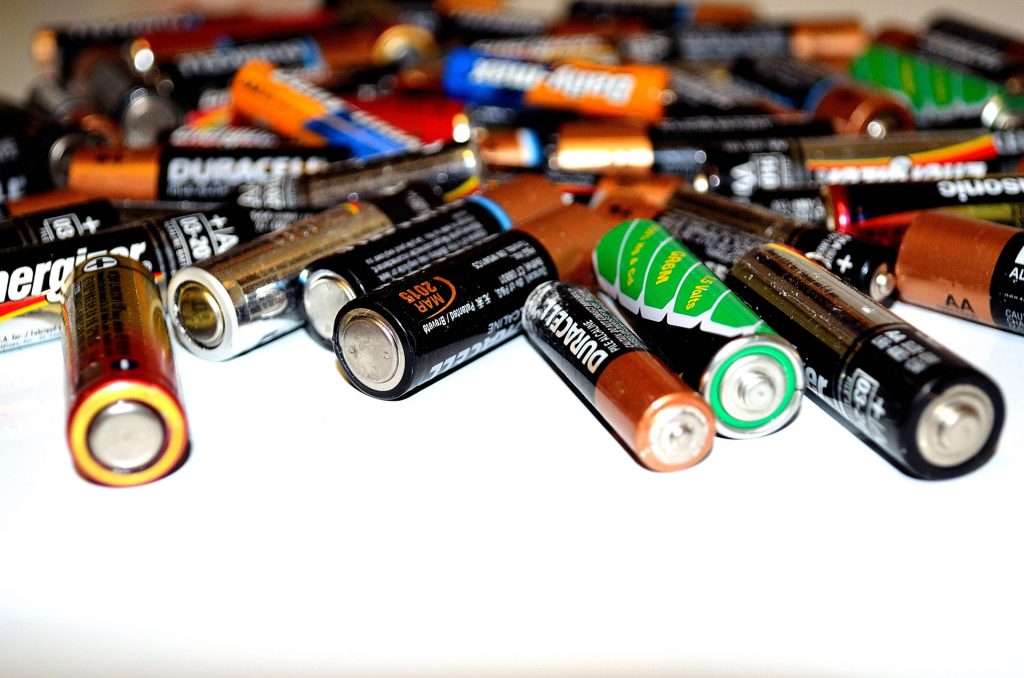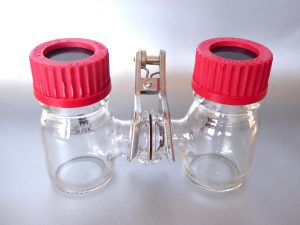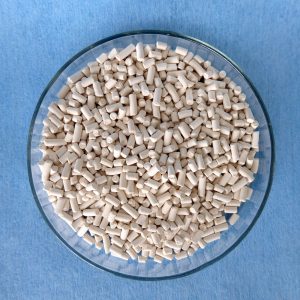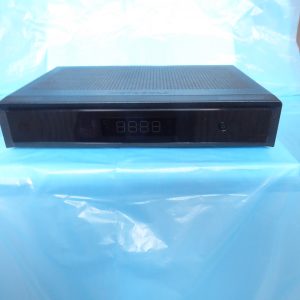
Non-rechargeable batteries, which depend on a reaction between aluminum and oxygen, can store significantly more energy than conventional lithium-ion batteries. The biggest limitation of such aluminum-air batteries is their short shelf life. An improved battery design could help eliminate this limitation. Aluminum and air batteries are based on the property of aluminum to corrode, which is also their weak spot:
4 Al + 3 O2 + 6H2O → 4 Al (OH)3
While an aluminum-air battery is not used, its electrodes corrode causing unwanted discharge. This self-discharge drastically shortens the shelf life of the battery. Brandon Hopkins, of the Massachusetts Institute of Technology in Cambridge, and his colleagues developed an aluminum-air battery that uses a conventional electrolyte during operation. When stored, however, the electrolyte is replaced by oil. Their article was recently published in the journal Science.
The new battery reaches a storage capacity of almost 900 Wh / kg. This makes the prototype comparable to other aluminum-air batteries. In contrast, the new corrosion protection extends the storage time 10,000-fold. The authors suggest that such a battery could be used in long-range drones and grid-independent power generation. At Frontis Energy, we believe that batteries with high storage capacity and durability can be used almost anywhere, for example for sensors and other applications.
(Photo: George Hodan)




